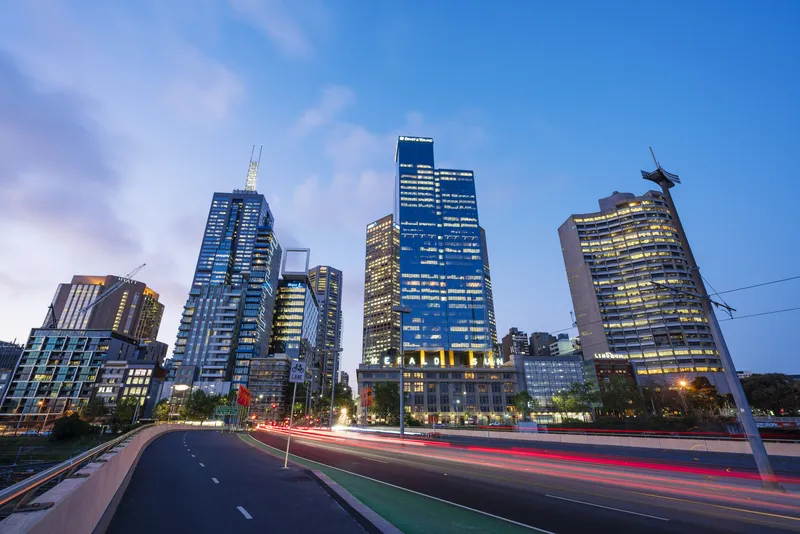Navya has received approval from the Japanese government to operate autonomous vehicles (AVs) on open roads.
The company is demonstrating its Autonom shuttles in Minato Ward, the business and diplomatic district of Tokyo, until 5 July.
Navya received approval to carry out the demonstration following an agreement with SB Drive, a subsidiary of SoftBank, and the Ministry of Land, Infrastructure, Transport and Tourism.
A safety driver will remain on board to and intervene in the event of an emergency.
July 4, 2019
Read time: 1 min
Navya has received approval from the Japanese government to operate autonomous vehicles (AVs) on open roads.
The company is demonstrating its Autonom shuttles in Minato Ward, the business and diplomatic district of Tokyo, until 5 July.
Navya received approval to carry out the demonstration following an agreement with SB Drive, a subsidiary of SoftBank, and the Ministry of Land, Infrastructure, Transport and Tourism.
A safety driver will remain on board to and intervene in the event of an emergency.
The company is demonstrating its Autonom shuttles in Minato Ward, the business and diplomatic district of Tokyo, until 5 July.
Navya received approval to carry out the demonstration following an agreement with SB Drive, a subsidiary of SoftBank, and the Ministry of Land, Infrastructure, Transport and Tourism.
A safety driver will remain on board to and intervene in the event of an emergency.









